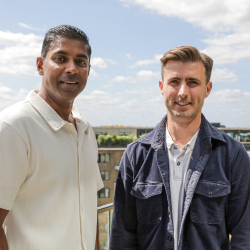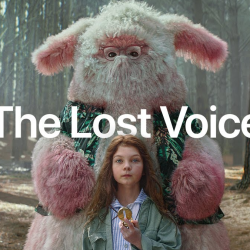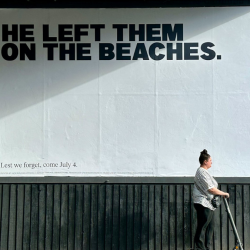Many people don’t actually know the difference between wisdom and knowledge. There is an important distinction. Knowledge is fact-based — an accumulation of data on how this or that works and why. Wisdom is about knowing which facts are relevant to you and why. Former Irish international rugby union player (and captain) Brian O’Driscoll put it eloquently when he said, “Knowledge is knowing that tomato is a fruit. Wisdom is knowing not to put it in a fruit salad”.
This is why age and wisdom are not equal. You can be older than another, but not able to approach things from previous experience. Naturally, there is a correlation. The older you are, the more life experiences you’ve probably had. While age may bring wisdom, it cannot make you wise if most of your life experiences are unvaried. That is why previous experience — taking risks, being bold, and sometimes making the ‘scary’ choice — can be pivotal for any career.
Earlier this year, I left an agency I co-founded to start my own. It was my bravest and proudest moment. But despite it being a nerve-wracking experience, having already done a lot of the legwork in the past has made it so much easier. It hasn’t been a case of starting from scratch; it’s been a case of reapplying my previous experiences. And in some cases, knowing the better decision to make the second time around.
Don’t get me wrong; you don’t have to have years of experience to be a successful entrepreneur
But it certainly helps. The things you will always need to be adept at are generally unchanging — and can be attributed to the good qualities that a successful leader possesses, i.e. leading by example, decisiveness and empathy. And let’s not forget that having self-discipline and a sense of direction is also vital. These are all the qualities that are more easily obtained when you have had previous experience.
Not least because it takes away some of the challenges when it comes to starting a new business. Of which there are many, even at the best of times and especially in the first couple of years. If you’re already ‘wised’ up and have the initial skillset — to hand, it will save time for dealing with the new challenges that you (and you will) have to face each day.
For someone who is just starting, my advice is to be bold. You will fail. And it will probably not feel great at the time. But you’re in good company. Even Bill Gates didn’t rocket straight to the top with Microsoft.
Gates’ first company, Traf-O-Data, was a bust. As explained by Daniel Neiditch in an article for Entrepreneur.com it was seminal in helping them to understand software. It was that valuable experience in development that led to the founding of the software company that would make them both multi-billionaires. When you haven’t tried something yet, the unknown looms large. Once, you’ve failed — and are still standing — you know not to make that mistake again. Learning from the experience gives you the wisdom you need to achieve big things in the future.
In other words, Oscar Wilde might have said, “With age comes wisdom”. But I’d much rather finish on a different quote. As another, albeit slightly more recent author, Sir Terry Pratchett, said, and wisely, I might add: “Wisdom comes from experience. Experience is often a result of a lack of wisdom.”
Featured image: Linus Sandvide / Unsplash































